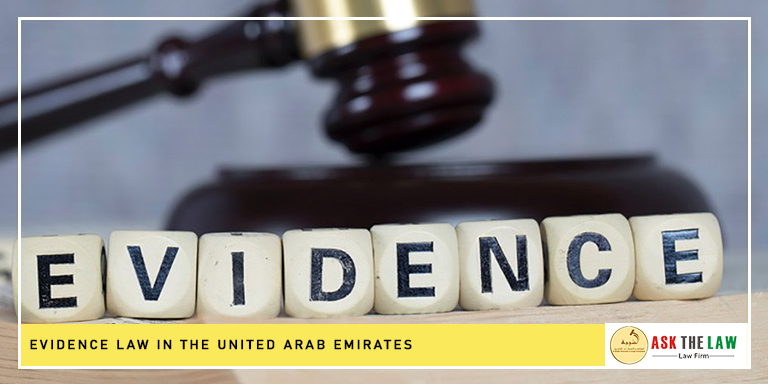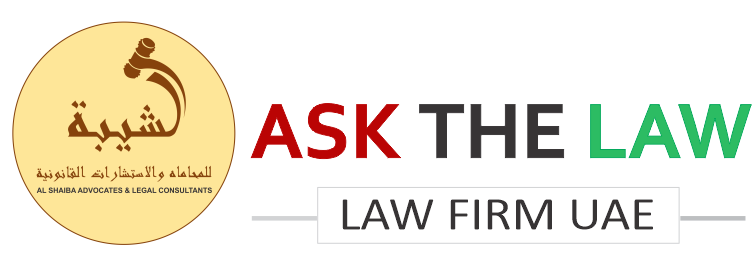
A Comprehensive Guide To Evidence Law in the United Arab Emirates
Evidence Law has a crucial role to play in legal proceedings and processes as a whole. It aids in different levels of courts to attain conclusive decisions in a lawsuit or litigation. Lawyers in Dubai helping you in a very professional way to understand this concept. Nonetheless, in the United Arab Emirates (UAE) there is a proper evidence law that governs legal matters. Evidence is the backbone for the presentation in all legal cases especially civil, criminal, and commercial matters. Lawyers in Dubai or Advocates in Dubai can help in a good way. This article provides its readers with a full-fledged overview of Evidence Law in United Arab Emirates. Nevertheless, it simplifies and covers all the significant facets of Evidence Law. The UAE is a combination of seven emirates. It includes Emirate of Abu Dhabi, Emirate of Dubai, Emirate of Sharjah, Emirate of Fujairah, Emirate of Ras Al Khaima, Emirate of Ummul Quwain, Ras Al Khaima and Emirate of Ajman. The legal system in the UAE is properly identified under traditional law. The UAE follows a civil law in the country.
The court judgments serve as precedents. Still, it is not considered mandatory. However, the Dubai International Financial Centre (DIFC) is a free zone in the country. It follows common law principles in civil and commercial matters. Still, it remains subject to criminal laws of the UAE. In the UAE, it is the duty of the plaintiff. He bears the responsibility of proving their case in the courtroom. On the flip side, the defendant must disprove it. Following this, the evidence is presented to the courts. The shreds of evidence should be relevant, productive, acceptable, and as per statute. It is noteworthy that in cases where there is no specific guidance on evidence, Islamic Sharia rules are applied. Moreover, whenever a case requires specialized and professional knowledge and understanding, the courts may seek expert opinions. There is a presence of the Expertise Law in the UAE that sets out the criteria. The law identifies the rules for individuals to register as experts. The expert must be registered with the Ministry of Justice.
There is a specific criterion that includes professional conduct, relevant education, and years of experience. Besides, it is the experts who will be preparing the reports. The reports will express their opinions on the relevant subject along with comments and responses from different stakeholders. Additionally, the court is not bound by the expert’s opinion. In case, the court’s decision differs, the reasons need to be provided. Also, non-experts can only participate in legal proceedings as experts. Here the related parties need to agree. Moreover, the court needs to approve the agreement. Primarily, the Evidence Law of UAE recognizes two different kinds of evidence, written and oral.
Written Evidence includes official statements, customary statements, and various forms of documentation and paperwork. Documents can be in physical or electronic form. Electronic signatures and documents hold the same legal weight as their physical counterparts. Here it is important to meet the conditions and provisions as guided by the law. It also proves that just Lawyers in UAE are the Emirati Lawyers. There is no other who can be called as Advocate or Lawyer in UAE. Expatriates can be legal consultants only as of new September 2023. However, arbitrators can be a separate subject. Anyone can be an arbitrator and Arabic is also not mandatory for Arbitration. Last but not the least, oral Evidence encompasses witness testimonies. Under this, the individuals are bound to provide their accounts of relevant events. The Evidence Law of UAE completely governs the presentation and evaluation of pieces of evidence. It is for civil and commercial matters. Nonetheless, it ensures a fair and systematic legal process.


